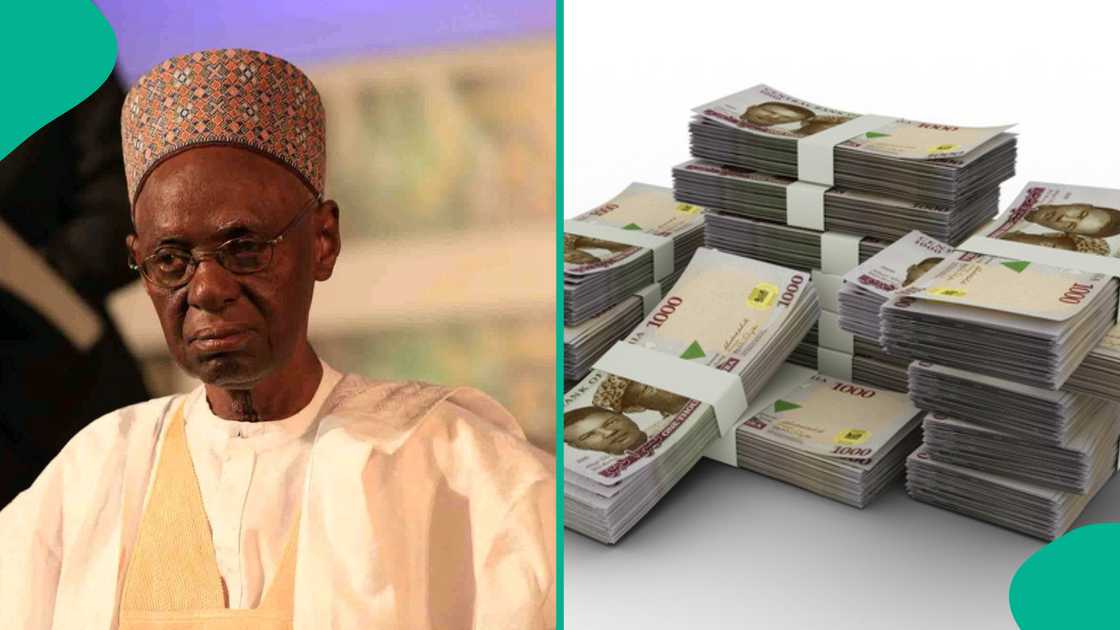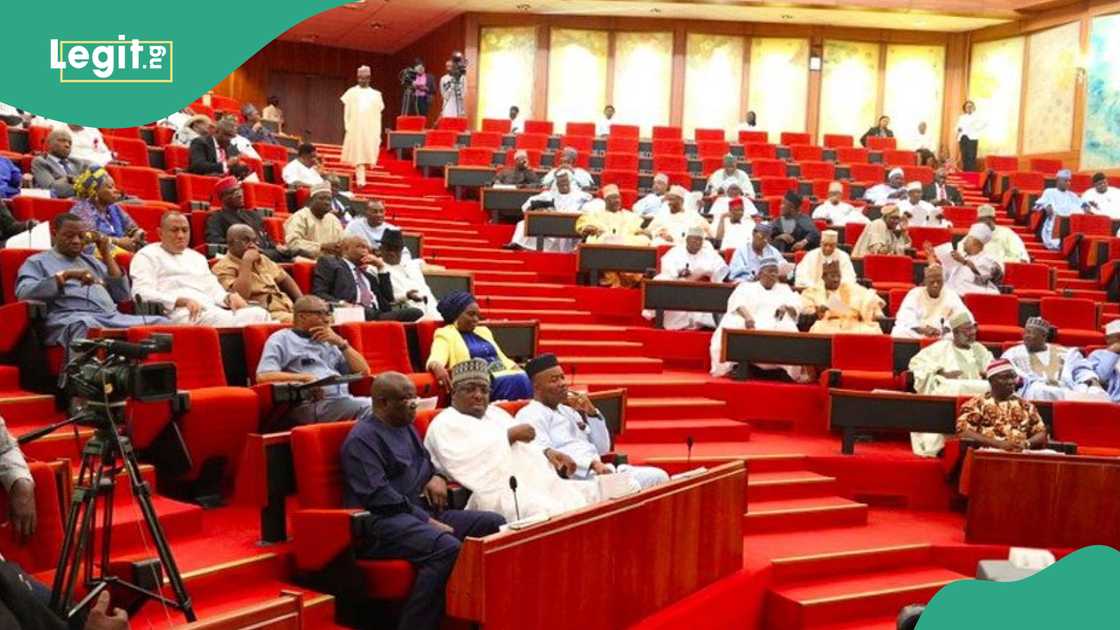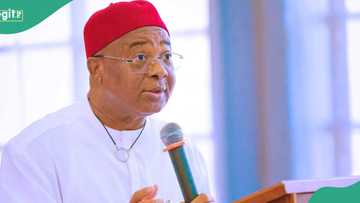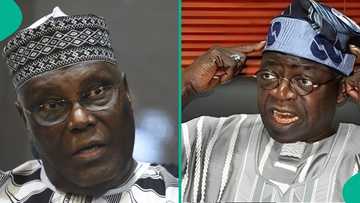Full list: Salary of Nigerian President, Vice President, Senator and Speaker in 1979 Resurface
- Historic salary records of Nigeria’s top public officials from 1979 have resurfaced, offering a rare glimpse into the financial structure of the Second Republic
- The National Assembly had approved annual earnings for President Shehu Shagari and other key figures, including the Vice President, Senate President and Speaker
- These figures showed the modest remuneration once allocated to the country’s highest offices in contrast to current realities
The official salaries of Nigeria’s top public office holders in 1979 have resurfaced, shedding light on the financial structure of the Second Republic’s leadership.
According to records from that year, the National Assembly formally approved the annual earnings of President Shehu Shagari and other key government figures.

Source: Getty Images
President Shehu Shagari was set to earn ₦50,000 per annum, following the endorsement of his salary by both chambers of the National Assembly.
The approval came alongside those of the Vice President, the President of the Senate, and the Speaker of the House of Representatives.
Vice President, Senate President and Speaker Salaries in 1979
At separate sessions, the Senate and the House of Representatives also ratified the remuneration packages for senators and other senior officials.
The Vice President’s salary was fixed at ₦30,000 annually, while the President of the Senate was to receive ₦22,000. The Speaker of the House of Representatives was allocated ₦20,000, with the Deputy Speaker earning ₦17,000.
The Deputy Senate President’s pay was set at ₦18,000, reflecting a structured hierarchy in compensation across legislative leadership.
Ministers and head of service pay structure
Ministers and the Head of Service were each approved to earn ₦16,000 annually, aligning their salaries with the broader framework of executive remuneration.
The figures, though modest by today’s standards, represented the official earnings of Nigeria’s top officials during the early years of the Second Republic.
The full breakdown of the 1979 approved salaries is as follows:
• President: ₦50,000
• Vice President: ₦30,000
• Senate President: ₦22,000
• Deputy Senate President: ₦18,000
• Speaker of the House of Representatives: ₦20,000
• Deputy Speaker: ₦17,000
• Ministers: ₦16,000
• Head of Service: ₦16,000
These figures offer a historical perspective on Nigeria’s governance and fiscal priorities at the time, providing context for comparisons with contemporary public sector earnings.

Source: UGC
Salaries of president and governors in 2025
Legit.ng earlier reported that the President of Nigeria earns an annual salary that is divided into a monthly income as well state governors receive, according to data available on RMAFC, a government agency.
These figures were disclosed by Muhammed Shehu, Chairman of the Revenue Mobilisation Allocation and Fiscal Commission (RMAFC), in an interview. Shehu emphasised that political officeholders in Nigeria do not earn exorbitant salaries, contrary to popular belief, and noted that there has been no salary increment for these positions since 2007.
Shehu clarified that some civil servants, including employees of the Central Bank of Nigeria (CBN), earn more than ministers and legislators. Despite these revelations, controversies surrounding the cost of governance persist, with many Nigerians advocating for reductions in government spending.
Proofreading by James Ojo, copy editor at Legit.ng.
Source: Legit.ng





